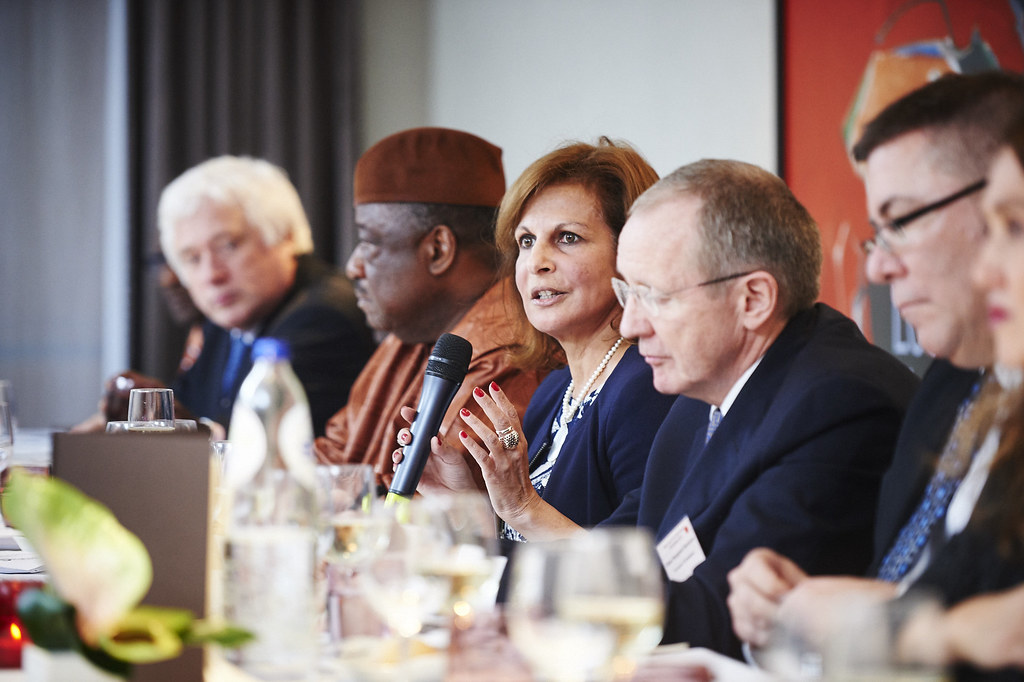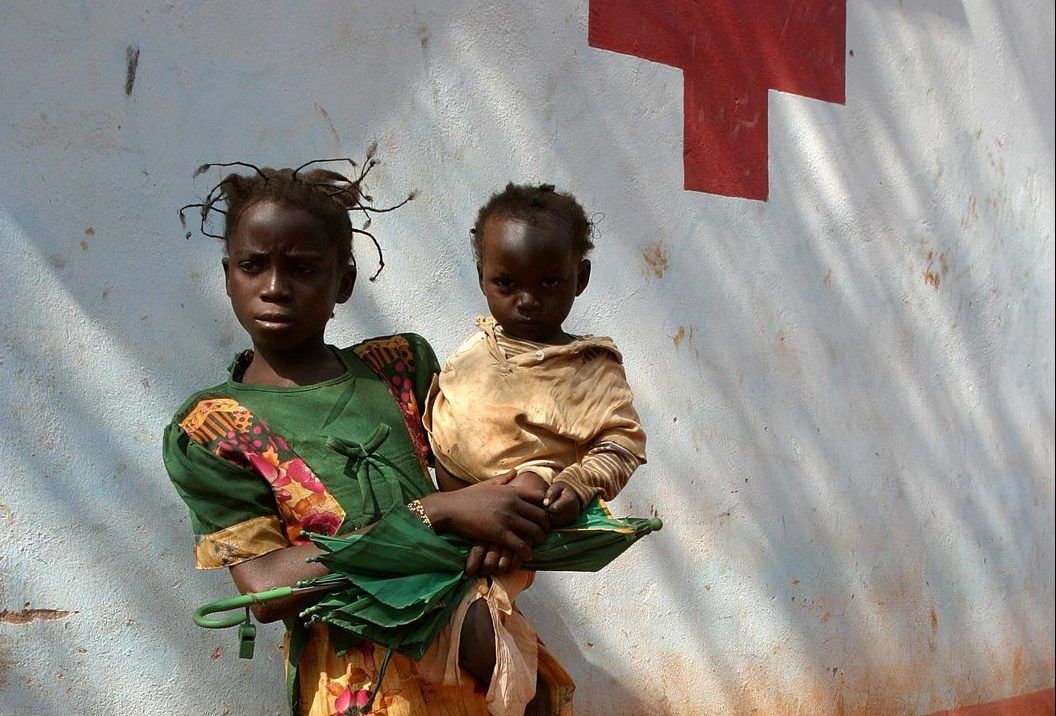
Summary
With the outbreak of Ebola in Africa, the issue of public health is once again a global imperative. Health is clearly a priority in the post-2015 global drive to eradicate poverty and ensure inclusive and sustainable development. But Ebola has revealed the stark and cruel reality that the health care systems in many parts of the developing world are extremely fragile. It is also clear that equitable universal coverage is instrumental in addressing a country’s public health needs – especially in times of crisis. But with globalisation and a much more interconnected world, Ebola has also taught us that unless contagion is tackled at source by those with the means and capacity to do so, it can devastate fragile local communities and threaten the public health of more advanced economies. As one speaker at the Friends of Europe dinner debate, Health in a Post-2015 World, said:
“Every five years we get an outbreak. In 2005, SARS helped focus people’s minds on international health regulations, whereby all countries should have the core capacities to deal with communicable diseases. Ebola will be a good mechanism to focus people’s attention”
The event brought together representatives of civil society, including Ebola first responders, international organisations, governments from both the EU and Africa, as well as the pharmaceutical industry, was an opportunity to reflect on a number of global health challenges, namely: What are the lessons learnt from the recent outbreak of Ebola? How can the Sustainable Development Goals (SDGs) process support the improvement of health infrastructure and health in general? Is health being sufficiently prioritised and what role can better health policies play in overall economic development?
About
Better health is central to human well-being and – since healthy populations also live longer and are more productive – it also makes an important contribution to economic progress.
Schedule
Better health is central to human well-being and – since healthy populations also live longer and are more productive – it also makes an important contribution to economic progress. The European Commission has identified health as a key priority in the post-2015 global drive to eradicate poverty and ensure inclusive and sustainable development. Important targets include the reduction of child and maternal mortality, ensuring universal sexual reproductive health and rights, preventing the ill-effects of communicable and non-communicable diseases and achieving effective and equitable universal coverage with quality health services for all while also making sure that no one is pushed into extreme poverty because of expenditure on health care. Are developing nations spending enough on health care? Where are the greatest deficiencies in health protection in developing countries? What are the lessons learned from recent events like the outbreak of Ebola? How can the SDG process support the improvement of health infrastructure and health in general? Can the idea of a global partnership be implemented in the area of health and what can policymakers do to mobilise the necessary resources? What can the world learn from the EU experience of providing universal health coverage? Can more international funds be mobilised for developing the health infrastructure in developing countries?
Speakers
Claus Haugaard Sørensen
Senior Advisor on Resilience, Humanitarian Aid and Crisis Response, formerly European Commission
Jon Pender
Vice President of GlaxoSmithKline, co-Chair at the UK’s Industry Government Forum on Access to Medicines (IGFAM) and Board Member at the Roll Back Malaria Partnership
Ibrahim Sorie
Ambassador of the Mission of Sierra Leone to the EU
Moderator
Shada Islam
Managing Director at New Horizons Project
Speakers
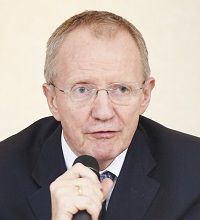
Senior Advisor on Resilience, Humanitarian Aid and Crisis Response, formerly European Commission

Vice President of GlaxoSmithKline, co-Chair at the UK’s Industry Government Forum on Access to Medicines (IGFAM) and Board Member at the Roll Back Malaria Partnership
Pender is responsible for GSK’s approach to improving access to medicines and upholding innovation investment in the developing world. He keep represents GSK at international organisations such as WHO and WTO. Pender is the Private Sector Board Member at the Roll Back Malaria Partnership and Chair of the IFPMA’s Global Health Committee.

Ambassador of the Mission of Sierra Leone to the EU
Prior to his role as Ambassador to the EU, Sorie served for twenty-six years as a Member of Parliament in Sierra Leone and has been a member of Parliamentarians for Global Action (PGA). He has recently spoken on the need for a pragmatic response to the Ebola outbreak.
Partners
Coorganized with
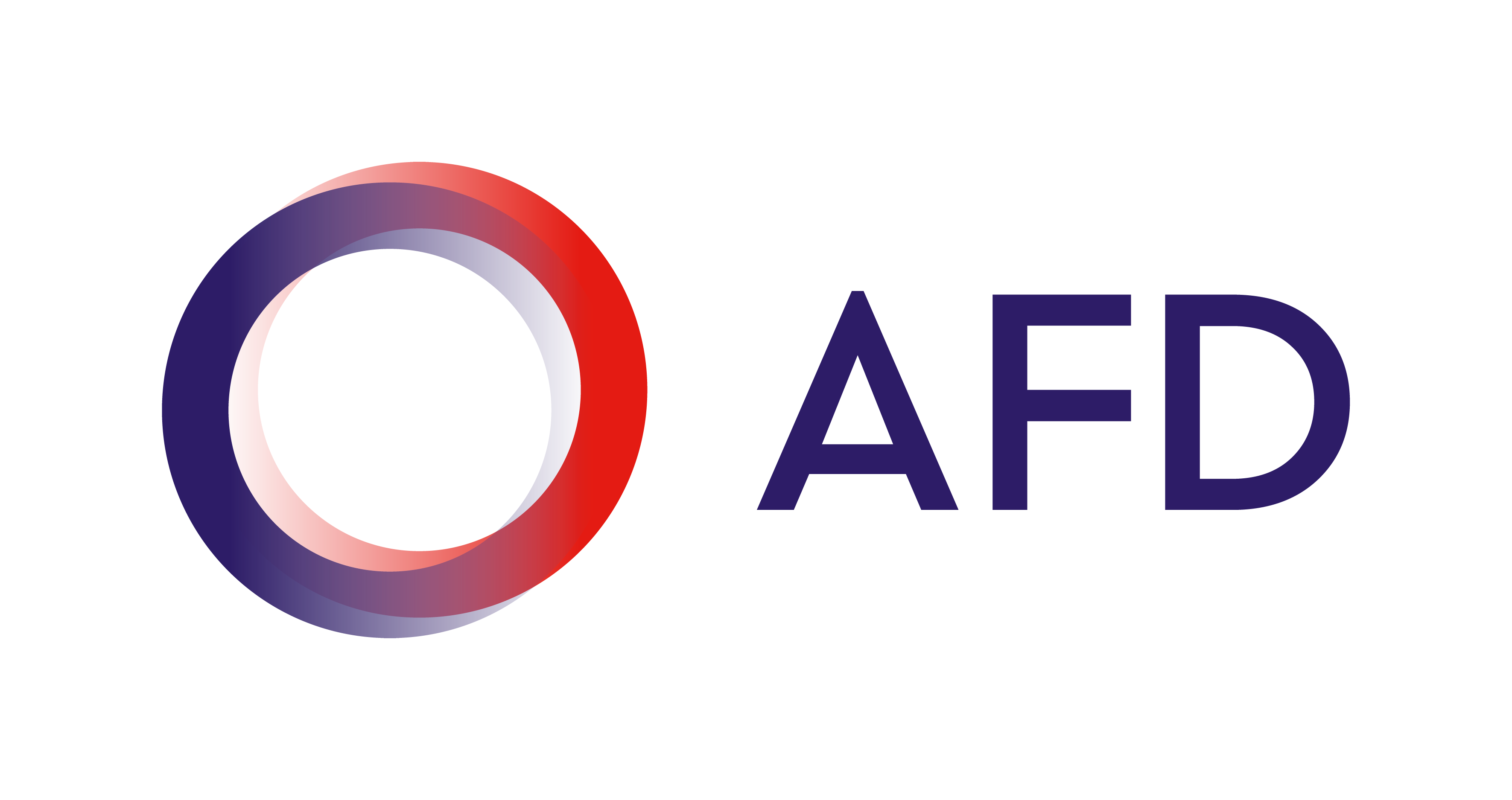

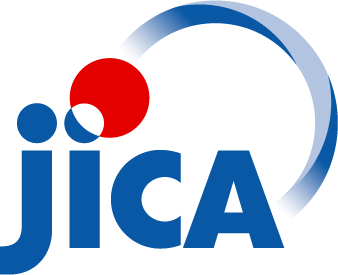
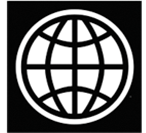


Activities
Europe's moment: advancing clinical research and health innovation
Next event In person & online

- Area of Expertise
- Sustainable Livelihoods
Re-imagining Europe's health systems
Past event In person & livestreamed

- Area of Expertise
- Sustainable Livelihoods
Health check for a competitive medical technology sector in Europe
Past event In person

- Area of Expertise
- Sustainable Livelihoods
Healthy ageing for Europe's future: the value of adult immunisation
Past event In person & livestreamed

- Area of Expertise
- Sustainable Livelihoods
Policy Voices | Re-imagining Europe’s health systems
- Category
- Podcast
- Area of Expertise
- Sustainable Livelihoods
Financing the green and just transition: towards further partnerships…
- Category
- #CriticalThinking
- Author
- By Sebastián Nieto-Parra
Reclaiming medicines and health innovation for our health
- Category
- #CriticalThinking
- Author
- By Els Torreele
Hidden biases in public health research: why we are failing our most…
- Category
- #CriticalThinking
- Author
- By Marthe De Boevre

- Area of Expertise
- Sustainable Livelihoods
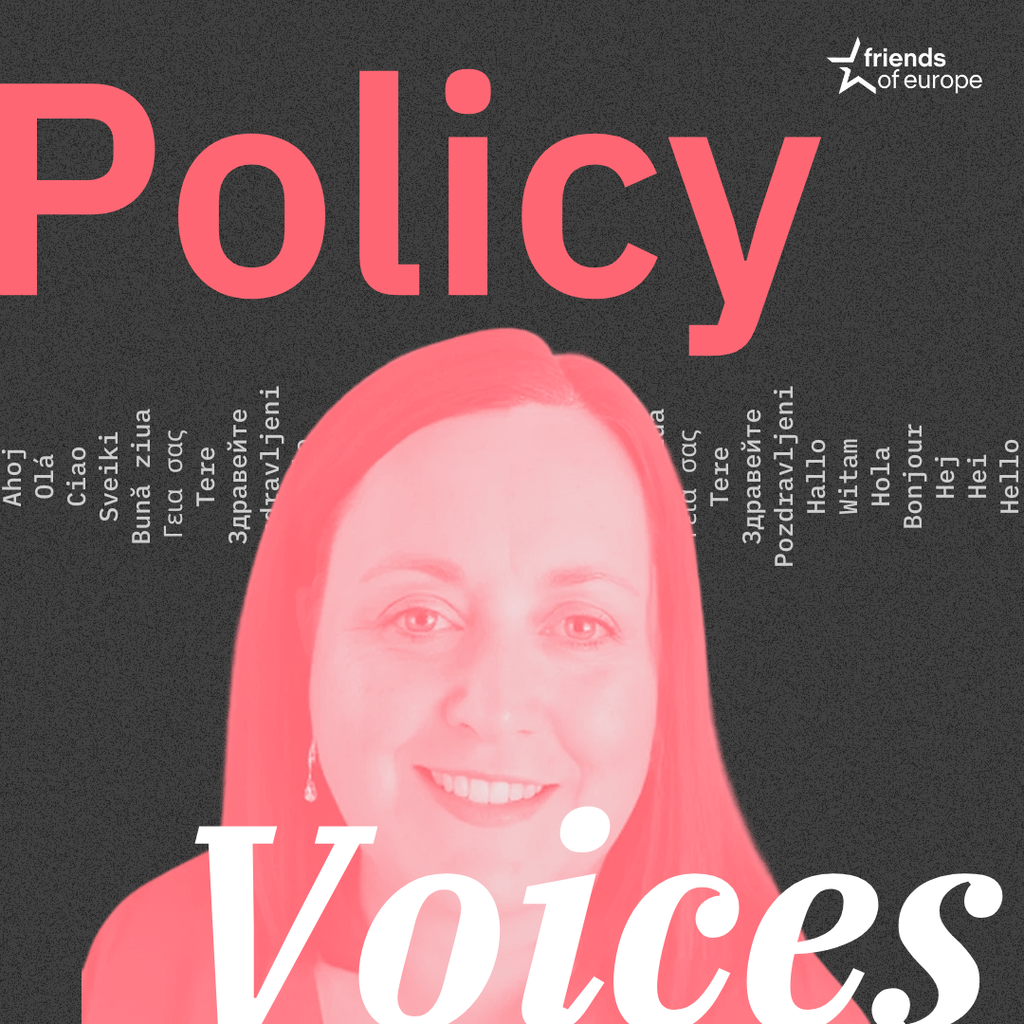
- Area of Expertise
- Sustainable Livelihoods

- Area of Expertise
- Sustainable Livelihoods
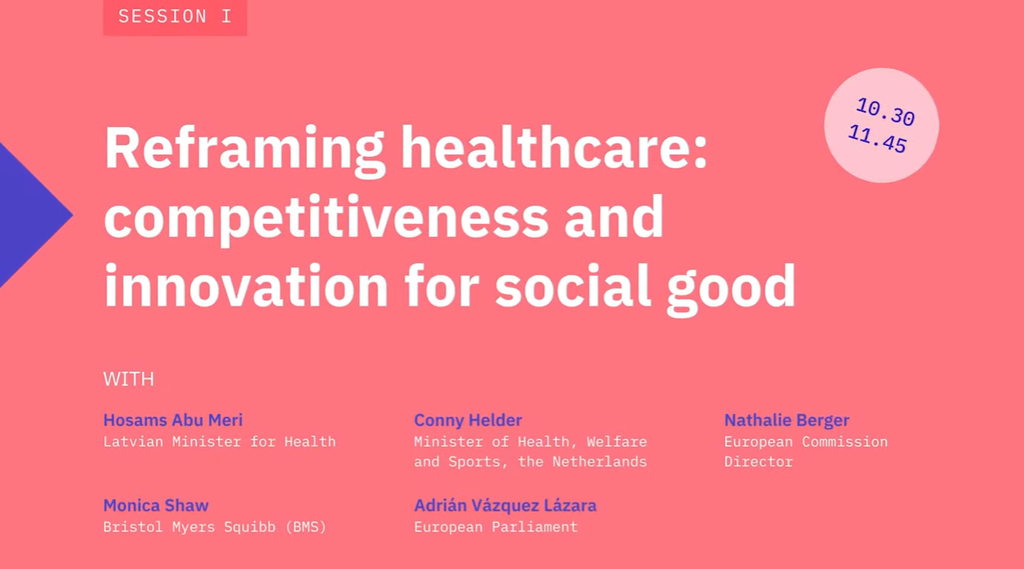
- Area of Expertise
- Sustainable Livelihoods
Continue
the debate on
- Debating Europe
